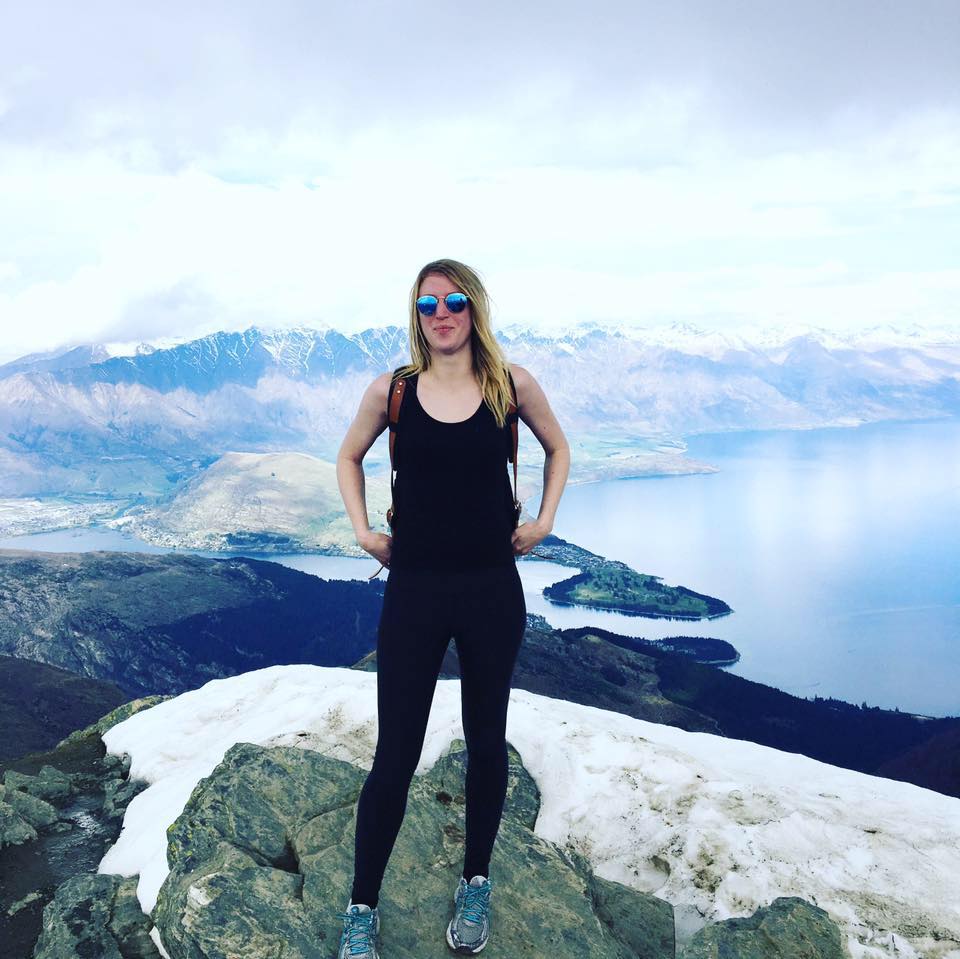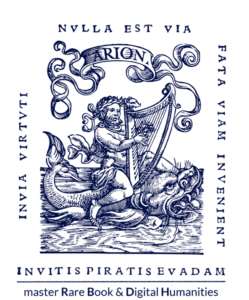I am an antipodean traveller. At the beginning of my life, I was separated by vast distances and oceans from most of the world. To know the world and humanity was, at first, characteristically dreamlike, accentuated by sheer distance. Any real attempt to get to know it from this distance had to be an exercise of stretching one’s mind very far through various mediums – people, stories, books, music, television, and then the internet. They amounted to fragments or pieces of a puzzle belonging to an undiscovered whole—a puzzle I perhaps unconsciously wanted to solve to see the bigger picture, to be able to properly consider the real contexts to which everything belonged.
In what could be said to be an attempt to put the pieces together, when office jobs had left lacking, I embarked on a humanities degree at The University of Sydney, Australia, beginning with studies in art history and history. However, studying philosophy soon drew me in, which became my specialisation.
The combination of theoretical studies, self-reflection, and real-life travels, built upon an epistemological pursuit and ontological discovery. It led me to learn just some of the ways in which humans have long sought answers to some questions for a very long time, such as, ‘Who am I?’ ‘Why am I here?’ ‘What is knowledge?’ and ‘What is the meaning of all of this?’ Through the diversity of possible answers, one cannot escape the fact that human existence is simultaneously unique and shared, particular within a whole, our own yet never totally separated from a broader shared context—a material reality and an ideological climate—a culture and stories.
A significant aspect of shared existence throughout history has involved sharing stories, ideas, dreams, and sentiments. This sharing has been in various material forms through arts, language, and the written word. Abstract ideas materialise in symbolic forms that convey attributed meanings, and what might have been once merely a figment of our imagination in the realm of consciousness might then be realised as something shared.
So, to say something about who I am and why I chose this Master’s course in Rare Books and Digital Humanities, I am someone who likes to consider philosophical questions and who is interested in them within the scope of this course. What I find interesting to consider is what and how books, texts, art, rare books, their symbolic value and their inherent ideas, are perceived to contribute value to cultures in the present, past, and future. What could we learn from them and our collective idea of them? How could the stories they can impart enrich our human existence? And how can these values be humanistically enhanced in today’s digital world without detriment?
Through the master course, I am in the process of collecting fragments—pieces of a puzzle. I’m learning about the history of writing and the book, from the earliest scratching of signs impressed upon the earth by humans tens of thousands of years ago, to the advent of alphabets, papyrus, parchment and paper, to the codex and the revolution of the printing press. This journey extends up until the codes and software programs of today, materialised in our gleaming metal devices, conveying messages—fragments of meaning. I aspire to unify these fragments into a meaningful whole, which offers personal value and contributes towards the collective pursuit of truth and meaning.
After travelling from Australia to Denmark in 2020 to do a student exchange at the University of Copenhagen where I did cross-cultural studies in the history of religion, I then travelled to seven countries in Europe and the Near East in the following years (meaning I have now visited 20+ countries). I decided I preferred to stay in Europe and continue to pursue my interests by doing this Master’s course in Besançon. I can happily say that Besançon has been, like many other places I have visited, pleasantly surprising with much beauty and history, so that every day, being here feels like I am in a dream come true.


